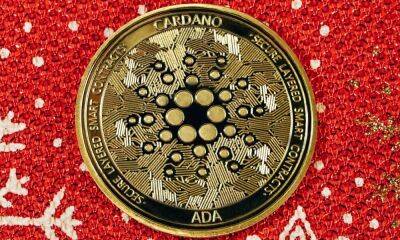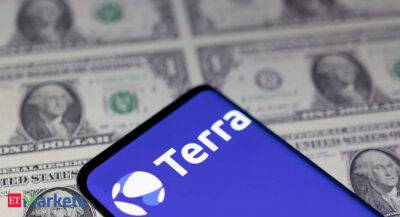Crypto Tax Regime: Terra Investors In India Face Double Whammy
Luna 2.0 started trading on May 28.
Terra investors around the world lost billions of dollars when the algorithmic-stablecoin project crashed but they recovered a small part of their bets when a new token was distributed as compensation. Investors in India aren't as fortunate.
Because the country's tax system is punitive to crypto investing, TerraUSD and Luna token holders who got the new coin -- known as Luna 2.0 -- in a so-called airdrop face a double whammy. They could be taxed as much as 30% of the value of tokens received and they won't be able to offset any gains in the new token against losses from the previous one, tax experts said.
Under the new crypto tax regime, effective April 1, any income from the “transfer” of a “virtual digital asset” will be taxed at a flat rate of 30%. It does not explicitly mention how airdrops should be taxed, but Jay Sayta, a technology and gaming lawyer, and Manhar Garegrat, executive director of policy at crypto exchange CoinDCX, said the distributions can be seen as income and are subject to the tax.
“The wordings in the law are so vague, including the definition of virtual digital asset and the definition of transfer, that it would be open to litigation of challenge by the tax department,” said Sayta. “They normally consider the most aggressive view possible with a view to collecting higher taxes, notwithstanding the fact that such a view may result in absurdity.”
There were over 160,000 investors that held Luna on the exchange on May 9 and by May 15 the number grew by 77% in India, according to Rajagopal Menon, vice president at Binance-owned WazirX. It's unclear how many more investors held TerraUSD.
“The increase can be attributed to a surge in buyers post 9th May where the
Read more on ndtv.com






















